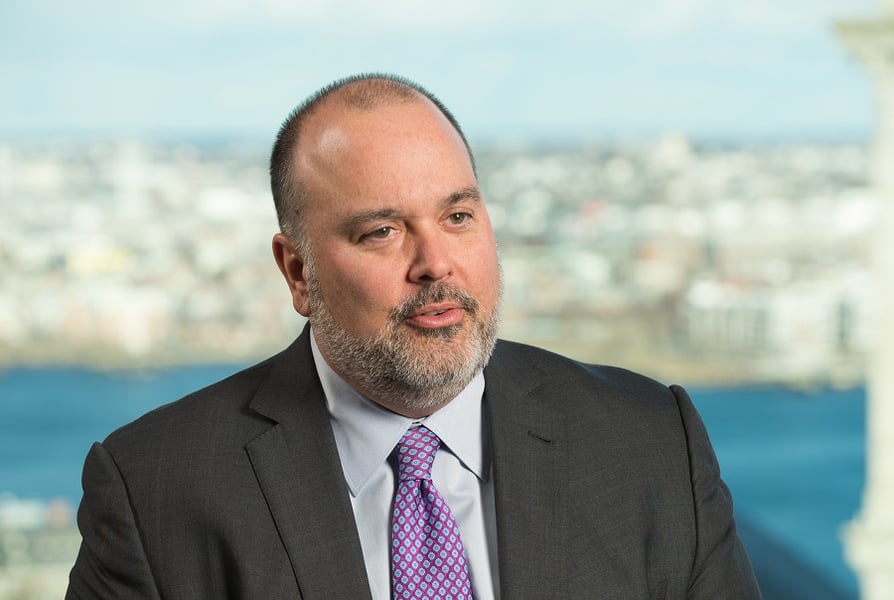New regulation was catalyst for broker-dealer to impose uniformity, says LPL Financial's Mark Casady.
LPL Financial is in the middle of overhauling the commissions it pays brokers when they sell bread-and-butter investment products like mutual funds and variable annuities.
The move is an acknowledgement of the potential for conflicts of interest when brokers sell clients investment products. In the wake of the final fiduciary standard rule for retirement accounts, issued by the Department of Labor in April, LPL decided to standardize commissions and share classes it pays brokers when they sell mainstream investment products, which company executives say is a first for the industry. The commissions apply to all accounts, not just retirement accounts affected by the DOL rule.
In May, LPL moved to make the commissions on variable annuities uniform — at 5.5% for most VAs, including some wiggle room — and by the start of next year, intends to cap sales commission on mutual funds in a range of 3% to 3.5%, while also paying the broker a standard 25 basis point trailing fee. The firm also is working at standardizing commissions for alternative investment products like nontraded real estate investment trusts and fixed insurance products.
With $488 billion in client assets across brokerage and advisory platforms, LPL has tremendous leverage with product sponsors and manufacturers. As the largest independent broker-dealer in the country, it is the gatekeeper to 14,000 financial advisers, and LPL's move to codify brokerage commissions will be watched closely by its competitors.
The streamlining of brokerage commissions eliminates the potential for conflicts when brokers would sell one product, like a variable annuity, that had a higher commission than another annuity, LPL executives said. LPL has made other cuts in fees in anticipation of the DOL fiduciary rule; in March, the firm said it was cutting prices and easing minimums on some of its internally managed model wealth portfolios.
EASIER TO DEFEND
The DOL rule was a catalyst for the uniformity of brokerage commissions, said Mark Casady, the chairman and CEO of LPL Financial in an interview on Tuesday in San Diego at Focus, the firm's annual meeting. Well aware that the Securities and Exchange Commission is also preparing a fiduciary rule, LPL has been working on a fiduciary broker concept for at least two years, he said.
“The biggest conflict, at the point of sale, is why the adviser chose fund A versus B, and one fund might have paid the adviser 3.25% commission and the other fund might have paid 2.75%, just to make up numbers,” Mr. Casady said. “For good reason, the adviser picked one; now he has to document all that reasoning, which become a hassle. If you standardize the pricing, it becomes much easier to defend the adviser's decision as it relates to compensation structures.”
With the firm moving to a new, standardized mutual fund share class, “you eliminate the conflict across sponsors and multiple share classes,” said Dan Arnold, LPL's president.
Added Mr. Casady: “We wanted to make this as easy as possible for an adviser to do his business and make clear to the consumer what the pricing is by product line, because there is a difference between what an adviser has to do with a VA sale versus a mutual fund sale or other products.
"But within a different product type like mutual funds, an enormous category, we wanted to create standardization, so that across any type of brokerage account at LPL it's the same fee, whether you buy from fund company X or Y."







